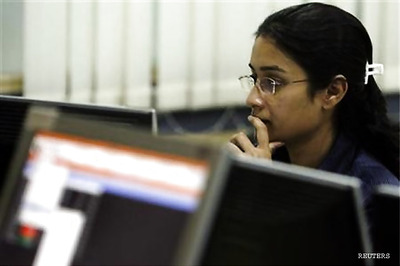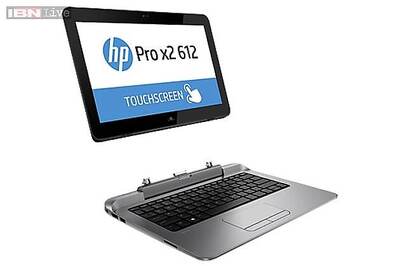
views
Brussels: As Europeans cough and sniffle their way through another flu season, new data shows their computers are also quite likely to catch a bug.
Despite widespread use of antivirus software, nearly one-third of Internet users in the European Union were infected by a computer virus last year, according to official figures.
The highest rate of infection occurred in Bulgaria, where 58 per cent of those surveyed reported a computer virus, Eurostat, the European Union's statistical office, said on Monday.
Other countries with high rates included Malta, with 50 per cent, and Slovakia, Hungary and Italy each with slightly less than half of users reporting a virus.
The safest countries were Austria and Ireland, with a 14 and 15 per cent rate of infection respectively. Close behind were Finland, with 20 per cent, and Germany, with 22 per cent.
Because the numbers only include users who realized they had a virus and noted it, Eurostat said the survey results were probably lower than actual infection rates.
Viruses often infect a computer when a user downloads a bugged programme or file, or opens a spam email with a corrupted link, among other methods.
Last month marked 25 years since the unleashing of the world's first computer virus, a mostly innocuous bit of code called "Brain" that was designed by Pakistani brothers to prevent software piracy. Since then, computer viruses have become more dangerous and widespread, with some of the most recent bugs targeting social networking sites such as Facebook.
Eurostat said many people reported viruses, despite the vast majority of those surveyed, 84 per cent, saying they used some sort of antivirus software, firewall or security tool.
The survey covered more than 200,000 computer users across the 27 countries in the European Union and was conducted during the second quarter of 2010.
About 3 per cent of survey respondents said they lost money from a computer attack, through methods such as phishing or fraudulent card charges, while 4 per cent reported privacy violations.
The survey also showed that children in about 5 per cent of EU households were able to access inappropriate websites or connect with potentially dangerous people through a family computer, with the rate particularly high (11 per cent) in Italy.
EU regulators last month approved the purchase of antivirus software maker McAfee by the world's No. 1 chipmaker, Intel, with the requirement that Intel keep its chips compatible with other antivirus makers' products.




















Comments
0 comment